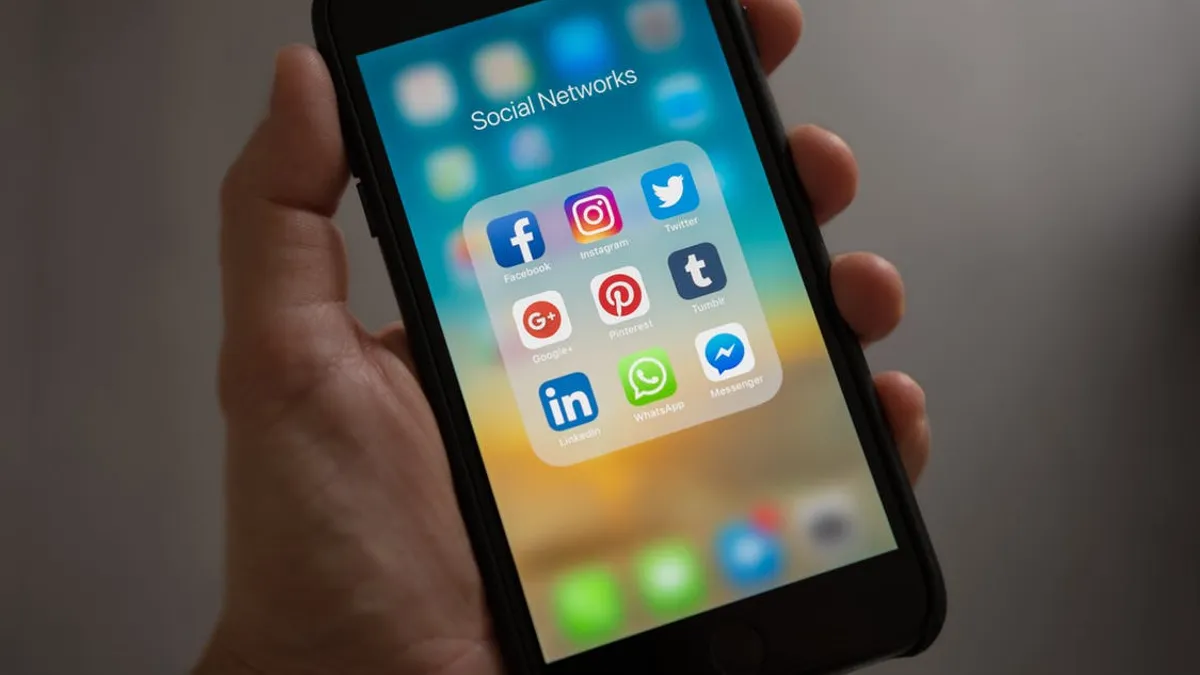Brief:
- Consumers who connect with brands on social media are loyal customers, with about nine out of 10 people saying they buy from companies they follow on social networks. The portion of people who said they increased their spending with a brand they follow rose 12% to 75% this year from 2019, per a study that social media marketing firm Sprout Social shared with Mobile Marketer.
- Social sharing platforms that emphasize videos and photos, like Google's YouTube and Facebook's Instagram, have boosted their popularity among younger consumers. Almost three quarters (73%) of Generation Z said they plan to use Instagram more often, while 65% said they plan to spend more time on YouTube.
- The firm conducted a separate survey of social marketers and found that 69% said boosting brand awareness was the top goal for social media, ahead of increasing web traffic (52%) and growing their audience (46%).
Insight:
Sprout Social's survey of consumers and marketers has a variety of insights about the current state of social media marketing and what to expect in the future. For brands that seek to engage with consumers through social media, it's important to emphasize several characteristics that are most meaningful to them. Sixty-one percent of consumers said engagement with the audience is the most important characteristic, followed by transparency (45%) and strong customer service (44%).
Consumers also want brands to provide quick responses through social media, making the platforms much more significant in customer relationship management (CRM) efforts. Forty percent of consumers said they expect brands to respond within the first hour of connecting through social media, while 79% expect a response in the first 24 hours. Among industry groups, real estate and legal have the highest response rate at 29%, followed by recruiting and staffing (28%), finance and banking (28%) and healthcare (27%).
Marketers face continued difficulty in measuring the return on investment (ROI) on their social media campaigns. More than half (56%) of social marketers use data to understand their target audience better, but only 23% use social data to measure ROI while 16% use the information for competitive insights.












